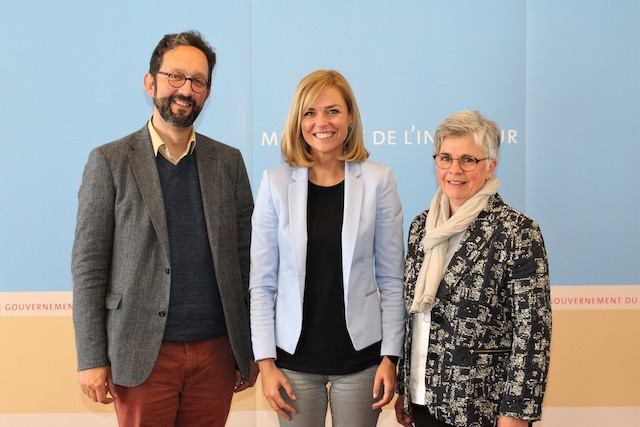Commune mergers are subject to a referendum, with 70.42% of people in Grosbous and 62.25% of voters in Wahl supporting the merger.
The merger must be confirmed by Luxembourg’s Chamber of Deputies and is set to come into force in 2023. It will help the two smaller communes pool their resources and deliver a better service to their citizens, interior minister Taina Bofferding (LSAP) had said ahead of the ballot.
Communes provide local government services. These include the population office, pre-school and primary education, maintaining roads and other public infrastructure, land-use planning, supplying water, gas and electricity, and funding cultural and integration activities.
Bofferding’s ministry provides financial support and expertise to communes thinking of joining forces.
In addition to the Grosbous-Wahl vote, a dozen mergers have taken place since 2004, involving 28 communes. The latest one will bring the number of Luxembourg communes down from 102 to 101.
Commune mergers have previously failed. In 2014, for example, more than two thirds of the population in the communes of Larochette, Nommern and Fischbach voted against fusing to create a new commune called Meesebuerg.
Other mergers up for discussion involve the communes of Bettendorf, Diekirch, Erpeldange-sur-Sûre, Ettelbruck and Schieren to create the so-called “Nordstad”. Bous and Waldbredimus are also in negotiations.
